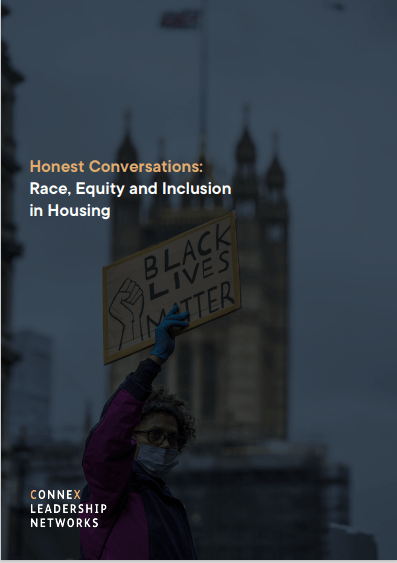The most recent Academy Awards was more than just an Awards show. It became a cultural touchpoint because of one controversial event that I’m sure you’re all aware of. And the lesson that we can draw from it is an important one, and it’s worth discussing in a housing context.
Will Smith has spent decades radiating infinite likability. I am sure many of us know The Fresh Prince of Bel-Air and have seen him grow from a teenage rapper to an A-List movie star! Will Smith has spent decades shaping his career and more importantly branding, a trusted and respected professional.
His smack at the Oscars has complicated all of that.
It was such a shocking moment that many believed it was scripted. In fact, it was only when Smith’s real anger showed that people realised that this was an authentic response to the joke. You can watch it here if you haven’t seen it.
Now, Smith is confronted with the very real possibility that a night which should have been a highlight of his professional career could wind up damaging not only himself, but also what is rooted in an authentic congeniality that he seems to embody as well – the company brand of “Will.”
Will Smith’s Academy Award victory has been tarnished by a single moment that will now forever define him. He may never be able to fully cleanse his name from this incident, no matter how successful his career may become. But that achievement and all that history fades into the distance as we consider what this incident has done to his reputation as an actor and as a person. Since then, Will Smith has resigned from the Academy and is at risk of losing his Oscar pending disciplinary action.
What can we learn from this in the affordable housing sector?
I’m sure you are wondering: Where on earth is Tunde going with this? Where is the linkage?
Whether we like to admit it or not, there is a lot to be learnt from Will Smith’s incident with Chris Rock. It feels like we’re in a somewhat similar position in the sector. Even though we’ve seen great progress in recent years, there have been several unfortunate incidents that have stained the affordable housing sector’s reputation in recent months. These isolated events don’t represent the vast majority of the good work being done by us but they have a disproportionate effect on how we are perceived from the outside.
I’ve written before about the impact of negative news stories and in a funny way, we can learn from this incident. One bad incident can negate all of the good work that is being done if we’re not careful.
We need to pull together and start righting this ship so we can reboot the reputation of the sector and restore the good name that we once had. It requires collective action, strong storytelling from our side, but also an honest conversation about the various issues facing social housing in general.
These sorts of conversations are the types of things we try to tackle at Connex and we hope that we’ll see fruitful discussions taking place that lay the foundation for a stronger future for our industry and better results for our stakeholders going forward.
Lastly, I just want to touch on Smith’s apology and what can be learnt from it. Leaders need to be able to take accountability when things go wrong or mistakes are made. But there’s an art to doing it effectively. The apology needs to be immediate, direct, and clear. It also needs to express some form of remorse and a genuine attempt to put things right.
Was Smith’s apology a perfect example of how to apologise effectively? Perhaps not. Whilst he expressed regret for his actions, he did not apologise immediately to the person directly affected by his actions – Chris Rock. If you’re going to apologise, make sure you do it properly. And secondly, always take responsibility for your actions – no matter how big or small they may seem.





